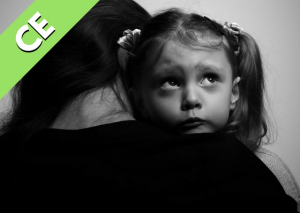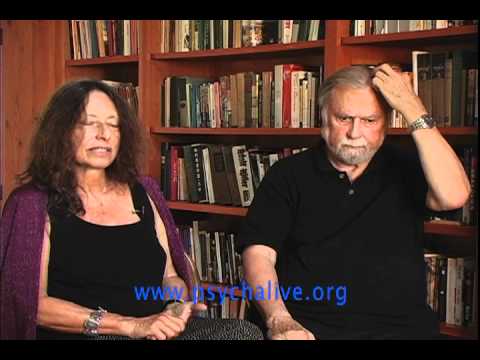Death Anxiety
…s and motivate many of our actions. Empirical studies by Terror Management Theory (TMT) researchers have demonstrated that people alter their behavioral responses and increase their reliance on specific defense mechanisms when their death salience is experimentally aroused. In one experiment, after subjects were subliminally presented with the word “death,” they more strongly endorsed the worldview of their own ethnic group or nation while, at the…
Learn More








